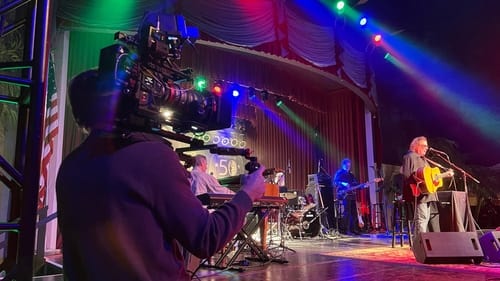Buddy Holly
Рождение : 1936-09-07, Lubbock, Texas, USA
Смерть : 1959-02-03
История
Charles Hardin Holley (September 7, 1936 – February 3, 1959), known as Buddy Holly, was an American singer and songwriter who was a central and pioneering figure of mid-1950s rock and roll. His style was influenced by gospel music, country music, and rhythm and blues acts. In 1955, after opening for Elvis Presley, he decided to pursue a career in music. After a show in Clear Lake, Iowa, he chartered an airplane to travel to his next show in Moorhead, Minnesota. Soon after takeoff, the plane crashed, killing Holly, Ritchie Valens, The Big Bopper, and the pilot in a tragedy later referred to by Don McLean as "The Day the Music Died" in his song "American Pie".
During his short career, Holly wrote and recorded many songs. He is often regarded as the artist who defined the traditional rock-and-roll lineup of two guitars, bass, and drums. He was a major influence on later popular music artists, including Bob Dylan, The Beatles, The Rolling Stones, Eric Clapton, The Hollies (who named themselves in his honor), Elvis Costello, Dave Edmunds, Marshall Crenshaw, and Elton John. He was among the first artists inducted into the Rock and Roll Hall of Fame, in 1986. Rolling Stone magazine ranked him number 13 in its list of "100 Greatest Artists."





